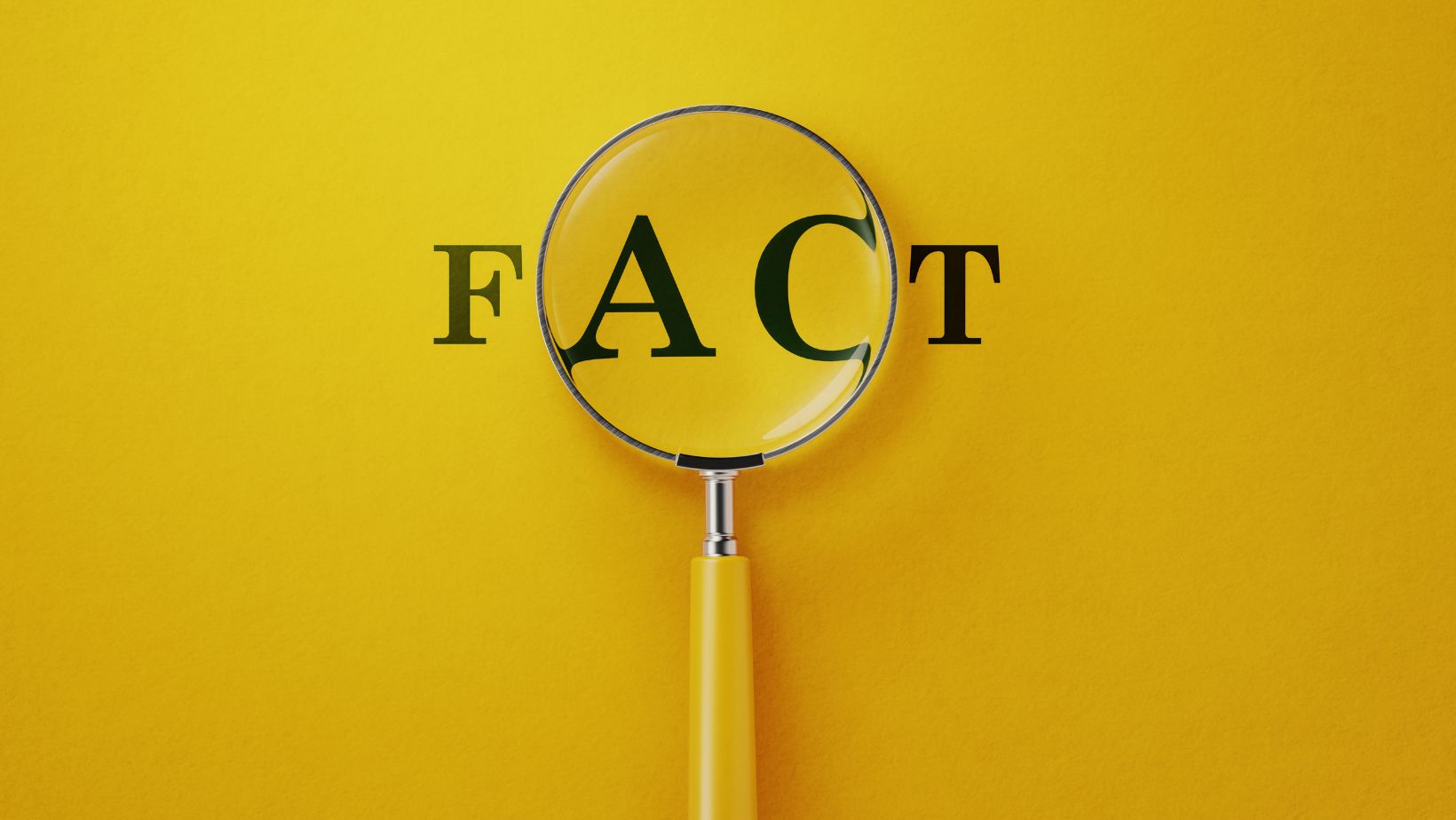Definition of Mixed Market Economy
In order to understand who creates regulations in a mixed market economy, it is important to first establish what exactly a mixed market economy is.
A mixed market economy is an economic system that combines elements of both a free market economy and government intervention. In this type of economy, individuals and private businesses have the freedom to own and operate their own businesses, make decisions about production and consumption, and compete with one another in the marketplace. At the same time, the government plays a role in regulating and overseeing certain aspects of the economy to ensure fairness, protect consumers, and promote overall stability.
In a mixed market economy, the government creates regulations to address market failures and externalities. Market failures occur when the free market fails to allocate resources efficiently, leading to outcomes that are not optimal for society as a whole. Externalities, on the other hand, are costs or benefits that are not reflected in the market price of a good or service, resulting in unintended consequences.
These regulations are created by regulatory bodies, which are government agencies that are specifically tasked with developing and enforcing rules and regulations in specific sectors or industries. Regulatory bodies have the authority to set standards, establish guidelines, and enforce compliance to ensure that businesses and individuals operate in a manner that promotes the well-being of society.
It is important to note that the specific regulatory bodies and the extent of their powers can vary from country to country and even within different industries. Some examples of regulatory bodies in the United States include the Environmental Protection Agency (EPA), the Federal Reserve System (the central bank), and the Federal Communications Commission (FCC).
Overall, in a mixed market economy, regulations are created by regulatory bodies to address market failures, protect consumers, and maintain the stability of the economy. These bodies play a crucial role in balancing the free market with government intervention, ensuring that the economy operates in a manner that is fair, efficient, and sustainable.
Which Group Creates Regulations in Mixed-Market Economies
Regulation and Control in a Mixed Market Economy
In a mixed market economy, the government plays a vital role in creating and enforcing regulations to ensure the smooth functioning of the economy. These regulations are designed to address market failures, protect consumers, and maintain fair competition. By doing so, they help strike a balance between the free market and government intervention.
Regulations in a mixed market economy cover a wide range of areas, including but not limited to product standards, workplace safety, trade practices, environmental protection, and financial markets. This ensures that essential goods and services meet certain quality standards, workplaces are safe and fair, businesses operate ethically, and the environment is safeguarded for future generations.
Government Agencies and Organizations
To effectively carry out these regulations, various government agencies and organizations are established, each with its specific mandate. These regulatory bodies are responsible for monitoring compliance, investigating violations, and enforcing penalties or sanctions when necessary. The specific regulatory bodies and their powers can vary from country to country and industry to industry.
For example, in the United States, the Food and Drug Administration (FDA) oversees the safety and effectiveness of food, drugs, medical devices, and cosmetics. The Environmental Protection Agency (EPA) is responsible for enforcing environmental regulations and safeguarding the environment. The Securities and Exchange Commission (SEC) regulates the financial markets and ensures fair and transparent practices.
Factors Influencing Regulation in a Mixed Market Economy
In a mixed market economy, various factors come into play when determining the creation and implementation of regulations. These factors, encompassing economic, political, and social considerations, influence the decisions made by regulatory bodies. Let’s delve deeper into each of these factors to gain a better understanding of their impact.
Economic Factors
Economic factors play a significant role in shaping regulatory policies in a mixed market economy. Here are a few key considerations:
- Market Failures
- Economic Stability
- Promoting Competition
Political Factors
Political considerations also heavily influence the creation and implementation of regulations in a mixed market economy. Here are a few key factors:
- Government Priorities
- Public Opinion
- Lobbying and Special Interest Influence
Social Factors
Social factors also play a pivotal role in shaping regulatory policies in a mixed market economy. Here are a few important considerations:
- Consumer Protection
- Environmental Impact
- Worker Safety and Welfare
A mix of economic, political, and social factors influence the creation and implementation of regulations in a mixed market economy. Understanding these factors helps in comprehending the intricate dynamics behind regulatory decision-making. By addressing market failures, promoting fair competition, and protecting consumers and workers, regulatory bodies contribute to maintaining a balanced and prosperous economy.




